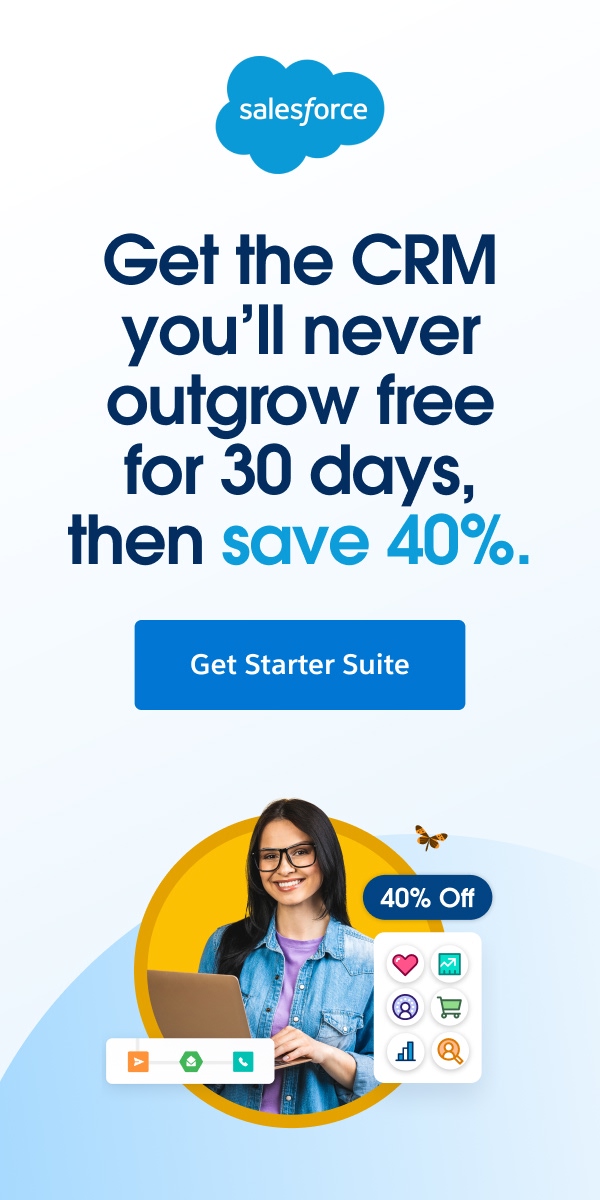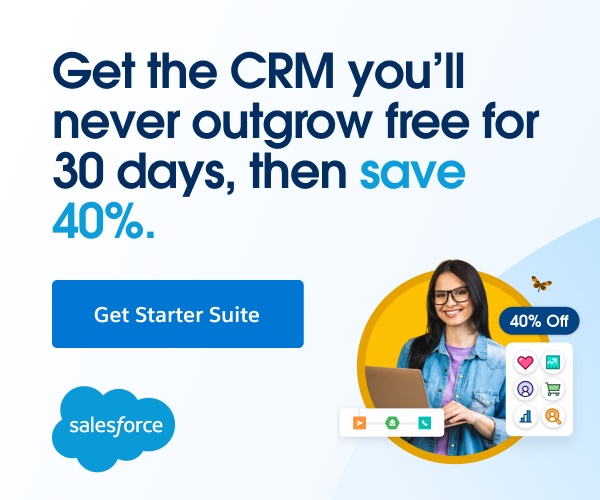Join the Dots is a series of podcasts, events and articles designed to equip your business with the knowledge to navigate and understand the complexities of ESG.
Eleanor Winton is director at Foresightfully, which helps businesses to plan for both the short and long term future and to develop innovative strategies for action. Speaking to Maddyness UK, Eleanor discusses the pandemic's impact on how we look at risk, the challenges and opportunities of ESG reporting, and embedding sustainable practices both at work and at home.
The agreement of the SDGs in 2015 gave us, for the first time, a shared global vision of a more sustainable and equitable future, and although it has taken time for that vision to translate into metrics and standards for how companies play their part, key interventions along the way have helped to keep us focussed. From the IPCC's work on climate change to Larry Fink's CEO letters and the Financial Times' calls for a reset of capitalism as we know it, ESG has been firmly in focus for a number of years. But perhaps the pandemic has helped us to see that the risks that ESG issues can generate have the ability to have more radical impacts on the way we live and work than we previously understood.
Taking the first mindful steps with ESG
When incorporating positive ESG criteria into your business, it is helpful to almost go back to basics. Ask yourself, ‘how would we design this business if we wanted it to be the most sustainable, equitable business that we could build?’
Applying that design mindset can give you a clearer view of what actions to take to drive greater impact, rather than just focusing on better measurement of what you are already doing. It's a much more creative and positive start point for the conversation, and one that can really help to engage the broader team.
For many businesses, it's not necessarily about starting to do different things or to better measure the things they do, but it’s actually to stop doing certain things. If you were now designing a product business that was selling shampoo, for example, you wouldn't be putting it in plastic packaging and making it from microplastics, so incrementally changing that where it's a live product is unlikely to unlock as much value as thinking anew for the long term.
Organisational awareness
ESG has to be built into all aspects of your organisation culture and structure. From the guiding vision and values through to performance measurement and supplier relationships. Failure to set the tone from the top and to see things through operationally can lead to vulnerabilities.
As focus on ESG grows, employees and other stakeholders will inevitably apply pressure to leaders. So we need to instil a broad behavioural and mindset shift in line with these new parameters for business. There's an instructive example in the approach employed by some fossil fuel businesses to support and encourage good health and safety practices that we can perhaps draw on. In that context, operating safely and minimising the risk of accidents is instilled in employees both at work and at home to reinforce a 'safety first' mindset. By applying that connected approach we have the potential to create an opportunity for corporate ESG standards to influence the way that employees and other stakeholders operate - not just at work but in their homes and communities.
This refers back to the vision for stakeholder capitalism in which businesses are embedded in the communities that they serve. They're not separate entities where you behave sustainably at work and unsustainably at home – it has to be more of an ethos that people live by, because otherwise we're never going to get close to where we need to get to.
Listen to episode 1 of the Join the Dots podcast
Challenges vs opportunities aplenty
To get the most out of the ESG opportunity it's important not to think of these standards and measures as a compliance exercise only. The standards give us much more than that - particularly as a frame for us to build a future-ready business.
The opportunities are huge because what we know is that at the moment, there is burgeoning public interest in this field, but in a few years time, and hopefully sooner, this is going to be front and centre in the way that we make every decision about what we buy and who we buy it from, and who we work for and with. The consequences of that are huge and the consequences of non compliance will be increasingly visible.
If we take the long view, it's clear that failure to consider and incorporate ESG standards today will lead to more difficult and riskier business tomorrow. We will also miss the many opportunities to innovate, collaborate and contribute to addressing key global challenges. We should see this as an opportunity not just to measure what we do, but to genuinely do things differently and seek new ideas to deliver what we do in a more sustainable and equitable way, and then add more value as a business.
The impact of the pandemic
If you look at the World Economic Forum risk report, which tracks risk perceptions among risk experts and world leaders in business, government, and civil society, infectious diseases were not even in the top seven by impact and likelihood for 2020. It just wasn't really on our radar because everything that we'd seen before was isolated and elsewhere – for those of us in the UK, certainly.
Seeing how quickly an edge risk can become a global crisis was a shock to the system. The scale of the impact of the pandemic and the scale of the risk has woken people up to the fact that all of these risks that we're talking about in the ESG space have the potential to be as big and as impactful.
If that's the case, we need to start thinking now about the impact that we're having as a business and whether or not we're doing the right things as poor decisions today will drive uncertainty and risk in the future.
Assessing risk
If your business is trying to understand the impacts of particular risks, you might use a matrix which has two axes – impact over likelihood, spanning from high to low on each axis. The risks that you'd want to focus on are the ones that you consider to be high impact and high likelihood. But the problem with that is that likelihood is not something we're very good at understanding because we refer to our own experience to make that decision.
If you were asking people in 2019 how likely it was that a pandemic would happen the following year, most people would say it's very unlikely because they hadn't experienced it before.
So, in an uncertain world, we need to explore new tools for understanding what the future holds. There's a really good frame from scenario planning, which helps us to stretch and think in a more connected way. Instead of looking at impact over likelihood, we consider impact over uncertainty – so what you're actually measuring there is if this thing were to happen, what is the potential range of outcomes? If it's a really huge potential range of outcomes then we need to try to understand it better because it's something that's really unpredictable.
We once saw pandemics as solely a health issue, but of course it's much bigger than that: it's a supply chain issue, a political issue and so much more. A pandemic has all of these unintended consequences that we didn't anticipate as it went on. It perfectly demonstrates that we need to think in a more connected way about all of the potential impacts of a high impact, high uncertainty event.
On the other hand, if the range of potential outcomes is small, we can plan and prepare for those outcomes, building resilience in the business. In the meantime, we create capacity to consider, explore and interrogate the 'high impact, high uncertainty' factors that could otherwise take us by surprise.
That's where ESG comes in and is really powerful, because it stretches our thinking beyond just climate risk and makes us ask, what's the interplay between all these different types of issues? How do we anticipate the range of uncertainties that might potentially arise? We need a more connected approach to planning for climate change, future pandemics and beyond whilst at the same time doing everything we possibly can to address the issues driving those risks.
Eleanor Winton is founder of Foresightfully.
Join the Dots is a collaboration between Curation and Maddyness. To get involved or collaborate with us for your own series, email hello@maddyness.com.
Join The Dots: Taking a methodical approach to ESG for your startup with Eleanor Winton
Join The Dots: The rise of rewilding tech with Duncan Grossart
Join The Dots: What significance does health have in responsible investment? with Jessica Attard
Join The Dots: SMEs daunted in face of ESG demands with Marc Lepere











